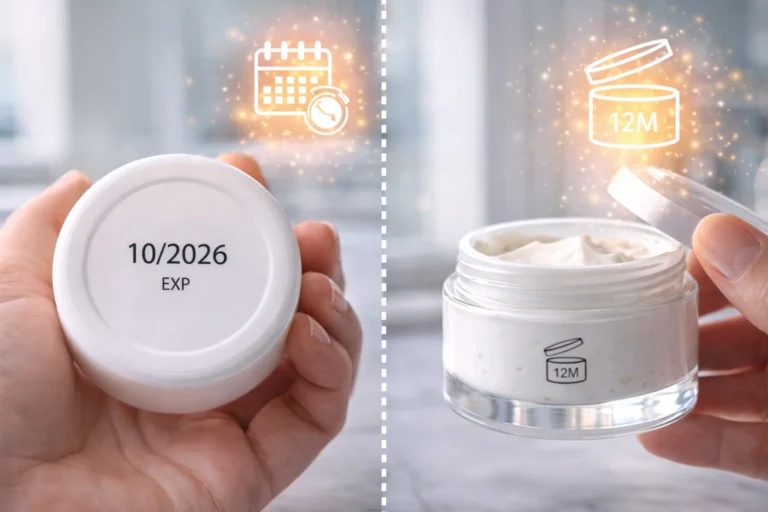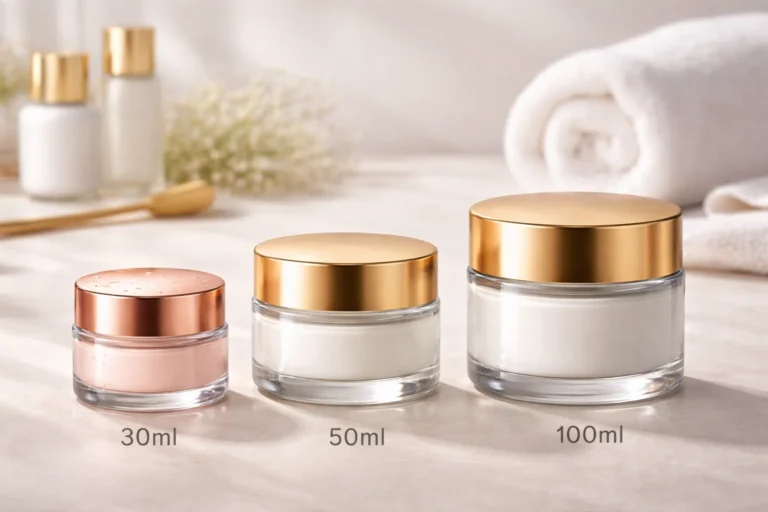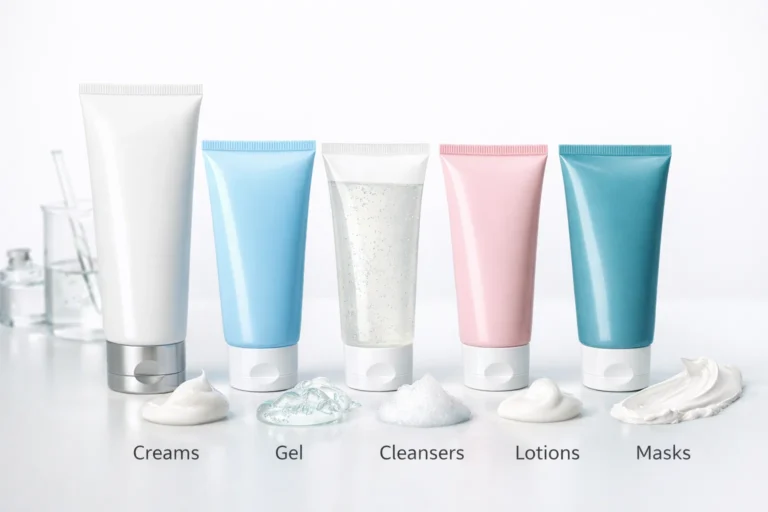
Starting a skincare product manufacturing journey can feel overwhelming. It’s easy to get stuck without a clear plan or the right guidance. However, a step-by-step approach can make the process manageable and rewarding.
The best way to start manufacturing skin care products is by planning your product concept, finding suppliers, and ensuring compliance with regulations1.
Let me walk you through the entire process, answering common questions about launching your own skincare business.
How can I make my own beauty brand?
Creating a beauty brand starts with understanding your audience and building a unique concept that stands out in a crowded market.
To make your own beauty brand, define your niche, design standout products, and create a compelling brand story2.

Steps to Create Your Beauty Brand:
-
Identify Your Target Market
Who will buy your products? Think about age, skin concerns, and purchasing habits. -
Develop Unique Products
Partner with a manufacturer or develop formulas that address your audience’s needs3. -
Build a Brand Identity
Choose a name, logo, and packaging design that reflects your brand values. -
Create an Online Presence
Launch a website and social media accounts to engage potential customers.
A Personal Example:
When I started my own brand, I focused on affordability and fast lead times to cater to customers like Avin, who prioritize quality and price balance.
Are skin care products profitable?
Many entrepreneurs wonder if they can turn a good profit in the skincare industry, given the competition.
Yes, skincare products are profitable because of high consumer demand and good profit margins4, especially for niche products.
Factors That Influence Profitability:
-
Product Pricing:
High-end products tend to have higher margins but require more investment. -
Marketing Strategy:
An effective campaign can significantly boost sales5. -
Customer Retention:
Building loyalty with quality products ensures repeat purchases.
| Cost Component | Example Estimate ($) |
|---|---|
| Manufacturing | 3–10 per unit |
| Packaging | 1–5 per unit |
| Marketing | 5–15 per unit |
| Retail Price | 20–50 per unit |
Small brands often outperform big names by targeting underserved niches and offering personalized experiences.
How to start a skincare line with no money?
Starting with limited funds requires resourcefulness and creativity, but it’s entirely possible.
Start a skincare line with no money by focusing on partnerships, pre-orders, and DIY marketing6.

Strategies for a No-Money Start:
-
Partner with Manufacturers
Some suppliers offer low minimum order quantities, allowing you to test the market affordably. -
Crowdfund Your Launch
Platforms like Kickstarter enable pre-orders to raise funds for production. -
Use Free Marketing Tools
Social media platforms and email campaigns can help you build a loyal audience without big ad budgets.
Important Tip:
Ensure your product complies with local regulations7, even on a budget. This avoids costly legal issues down the line.
Do you need an LLC for a skincare business?
Setting up the right business structure is critical when starting a skincare brand.
Yes, forming an LLC for your skincare business can protect your personal assets and offer tax benefits8.
Benefits of an LLC:
- Limited Liability: Shields your personal finances from business risks.
- Tax Flexibility: Offers options to minimize tax burdens.
- Credibility: Helps establish trust with suppliers and customers.
When to Form an LLC:
If you’re operating on a small scale initially, you may start as a sole proprietor. Transition to an LLC as you grow and face higher risks.
Do you need FDA approval to sell skin care products?
Regulatory compliance can be confusing for new skincare entrepreneurs. Let’s clear it up.
No, FDA approval is not required for most skincare products, but they must be safe, properly labeled, and truthful in claims9.
What You Need to Know:
-
Label Requirements:
Include all ingredients and ensure no misleading claims. -
Good Manufacturing Practices (GMP):
Follow guidelines to produce safe and quality products. -
Special Cases:
Products like sunscreens and acne treatments require FDA approval as they are considered drugs.
Compliance Checklist:
- Conduct safety testing.
- Use approved ingredients.
- Keep records of all formulations and testing.
Conclusion
Starting a skincare brand involves research, careful planning, and understanding the industry’s regulations. Focus on building a unique brand and staying compliant, and you’ll set a solid foundation for success.
Footnotes
-
Learn more about skincare manufacturing regulations to ensure compliance. ↩
-
Discover how to craft a brand story that resonates with your audience. ↩
-
Find out how to identify and cater to customer needs in skincare. ↩
-
Understand the factors that contribute to profit margins in the skincare industry. ↩
-
Explore proven marketing strategies to boost your skincare sales. ↩
-
Learn how to market your skincare line on a budget effectively. ↩
-
Review local regulations to avoid legal issues when launching your skincare brand. ↩
-
Explore the tax advantages and protections an LLC offers for small businesses. ↩
-
Understand what skincare claims require substantiation and how to stay compliant. ↩


